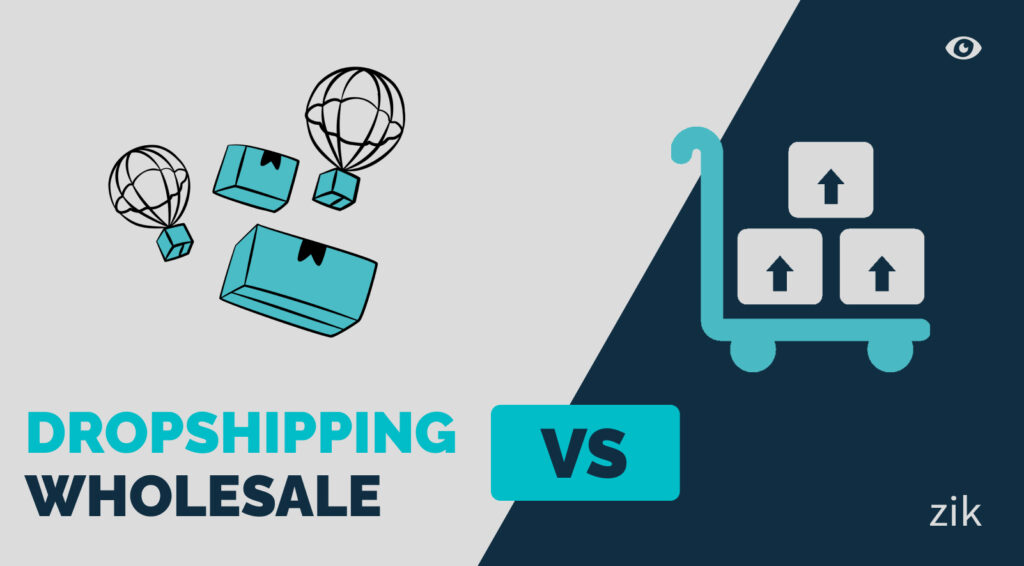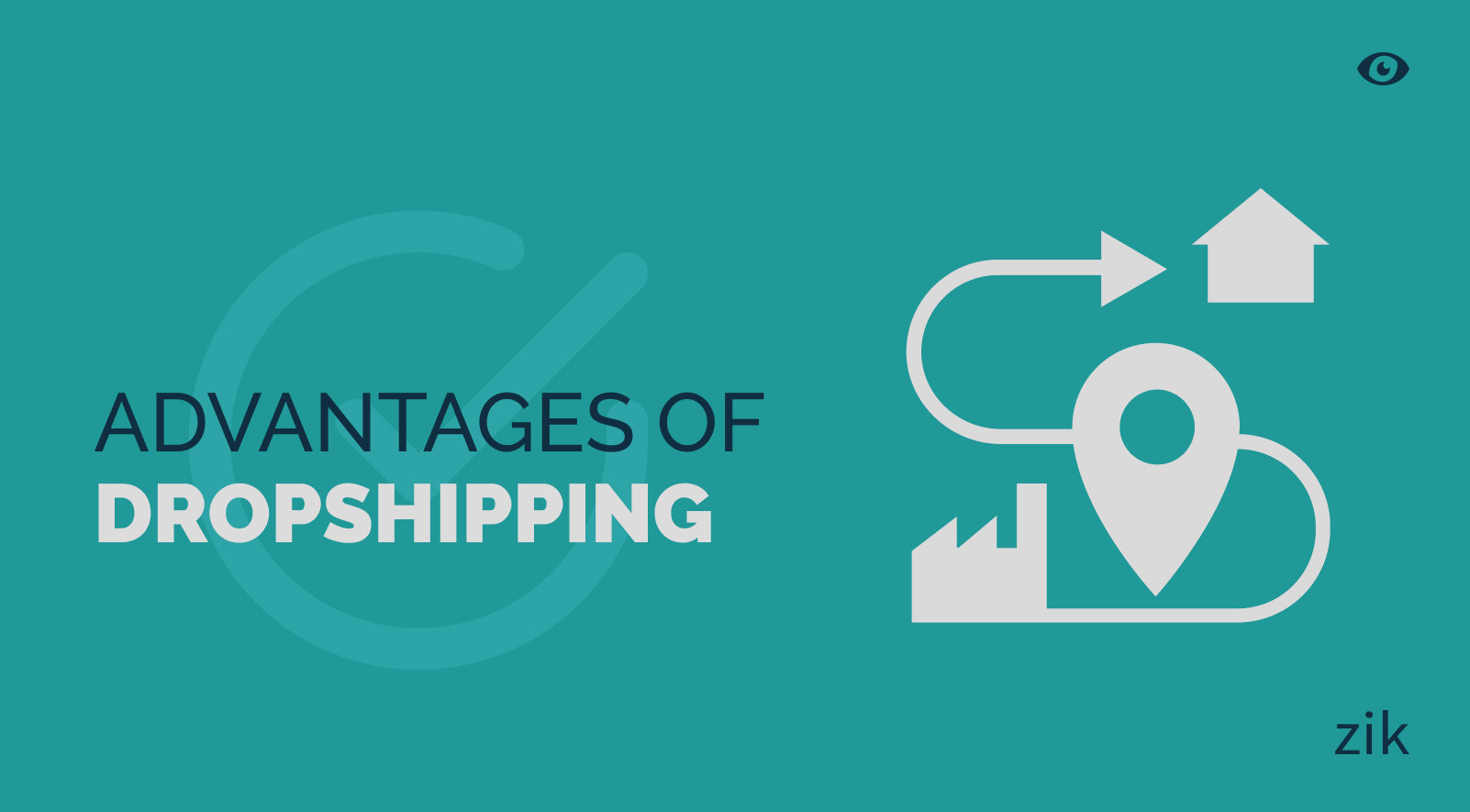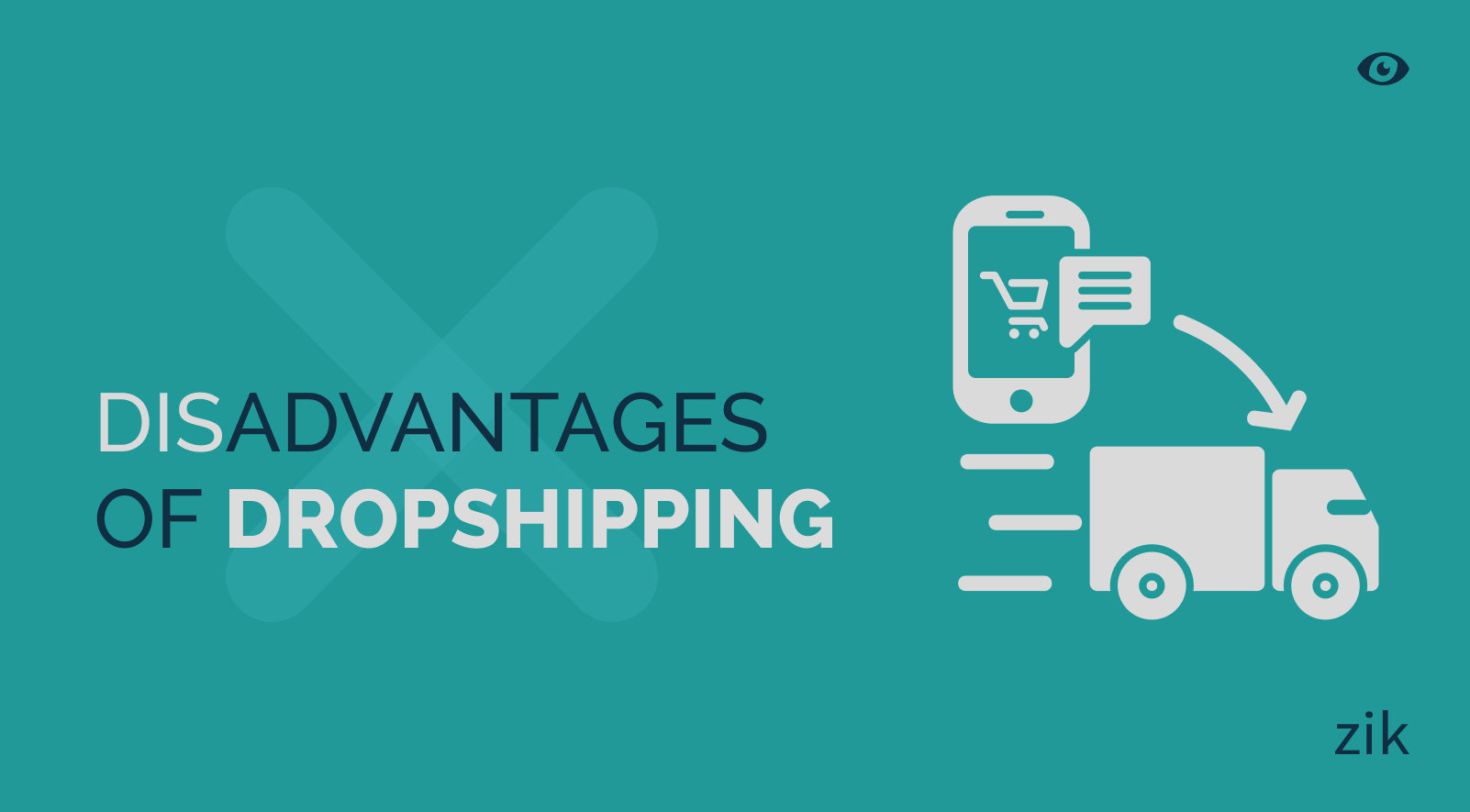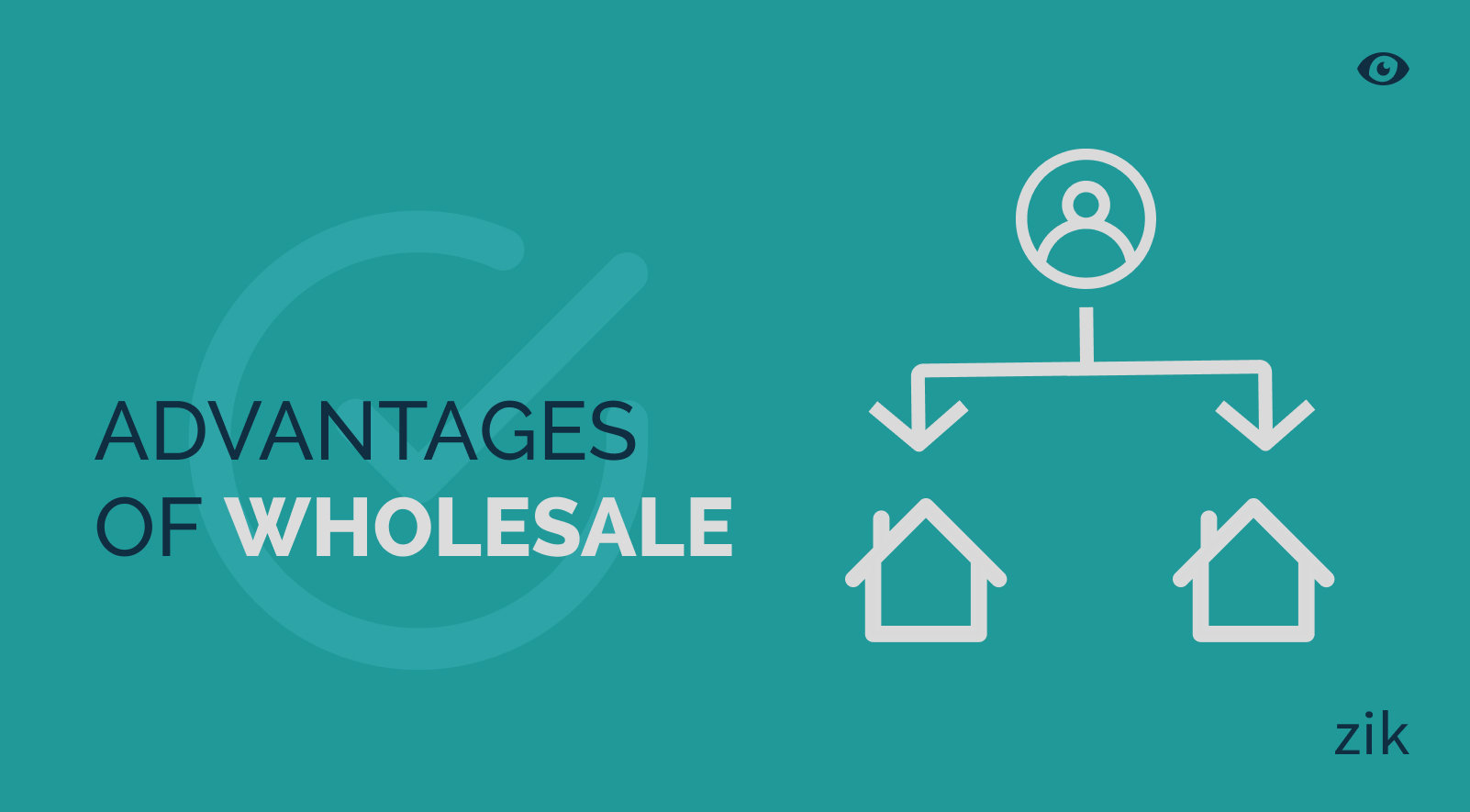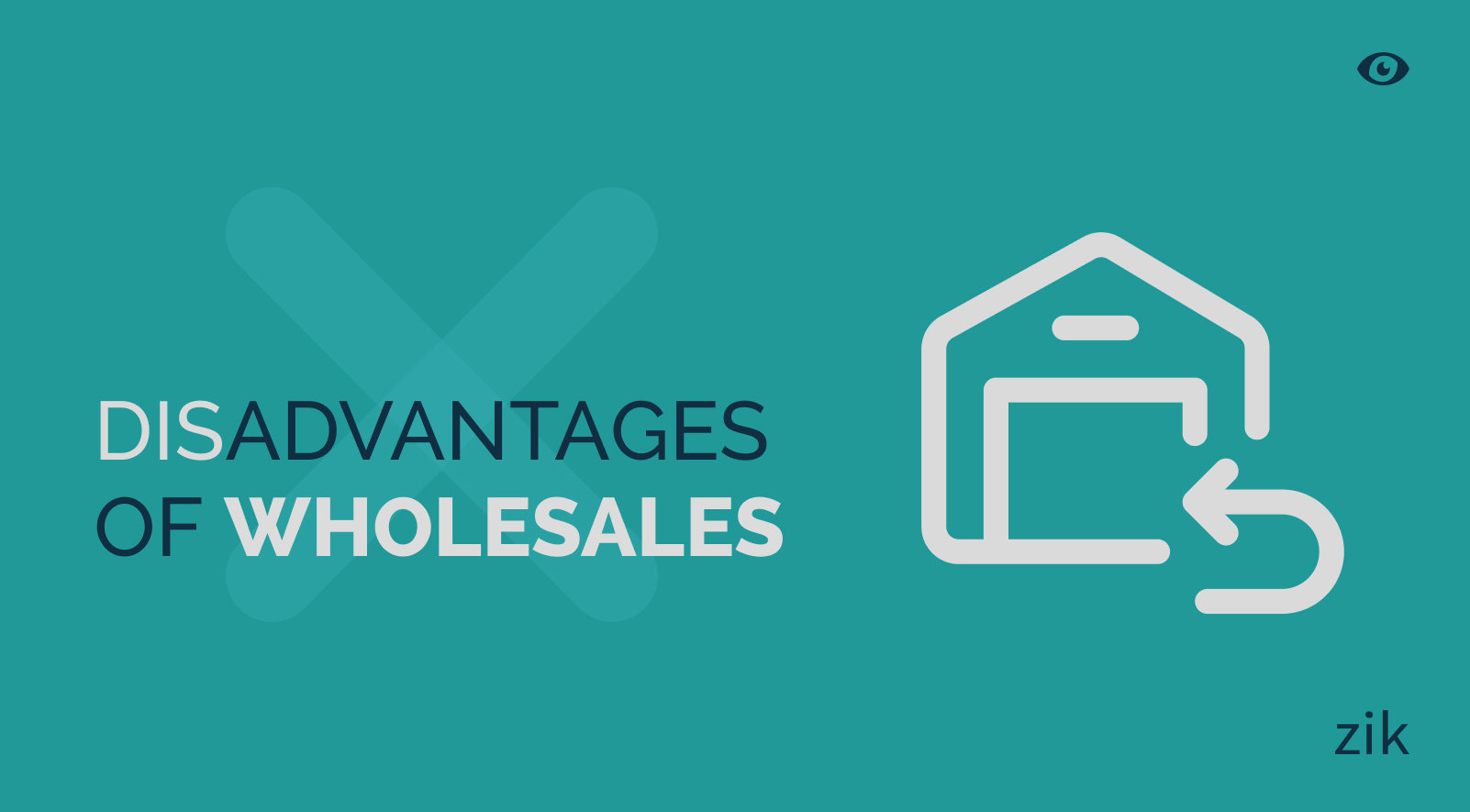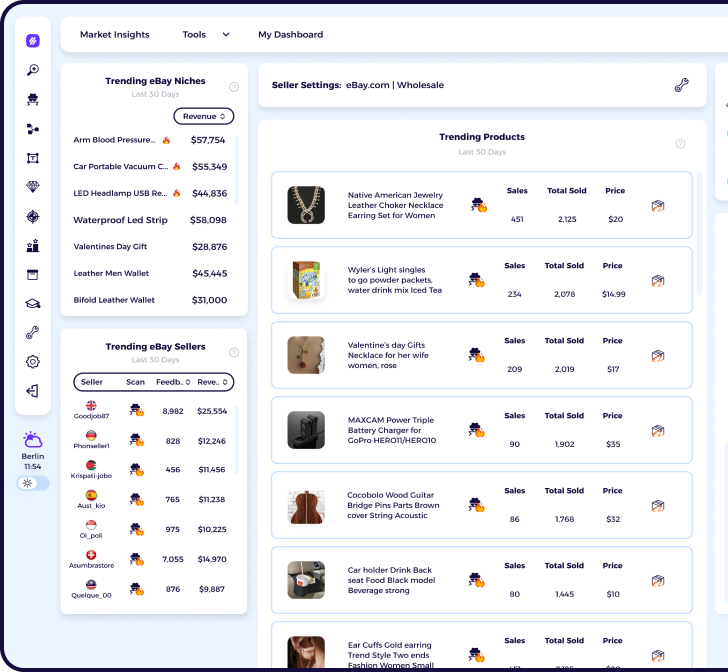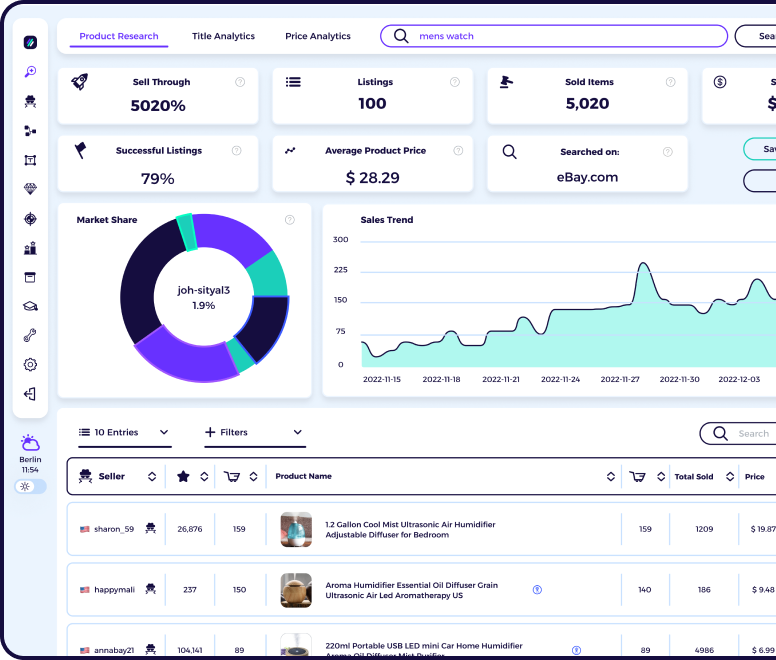Reading about those rags-to-riches stories might have inspired you to start your entrepreneurship career. You are motivated to create your own ecommerce business because many online store owners claim how easy it is to start your business from home, as long as you have a computer and an internet connection.
While that’s partly true, building an online business from scratch is more challenging than it seems. One of the biggest hurdles is you have many business models available, and finding the right one is critical to your chances of success.
Before you start selling online, learning about the different commerce business models pays. In particular, two models are popular with aspiring store owners: dropshipping vs wholesale.
I will discuss the differences between dropshipping and wholesale businesses in this guide. I will also share some tips on choosing the right business model to meet your goals.
Shall we get started?
Article Overview
Dropshipping vs Wholesale: Quick Definition
Dropshipping Business Advantages
1. No Need to Buy Inventory Up Front
2. No Need for Storage
3. Easy to Set Up
4. Flexibility
5. Scalable
6. ZIK’s Competitor Research
Dropshipping Business Disadvantages
Wholesale Business Advantages
Wholesale Business Disadvantages
Conclusion
Dropshipping vs Wholesale: Quick Definition
Before I dive into building the best ecommerce strategy by choosing the suitable business model, let’s quickly define these two popular business models. It will give you an idea of what to expect before you build your ecommerce store.
Dropshipping is a risk free business model where you don’t have to manage your own inventory. Instead, you must list products on your online storefront, which can be your own ecommerce website with online infrastructure or an ecommerce platform like eBay. Then, when a customer buys one of the items you’ve listed in your store, you order those items with your dropshipping supplier. The supplier is responsible for packing and shipping the product directly to your customer. In a nutshell, you are the middleman between the supplier and the customer. But you never handle the product; you’re only responsible for the in store product placement.
Wholesale requires you to purchase the products in bulk quantities from a wholesale supplier. You are responsible for finding a facility to store your wholesale stock. You buy the wholesale items at a discount, which you must mark up when selling them. The price difference will serve as your profit margin. You will handle the inventory and fulfillment of orders yourself, just like in a physical store.
The key differences between wholesale and dropshipping involve the inventory, handling, and shipping of the products. Dropshippers can take a passive approach to managing their online stores. The most important thing with dropshipping stores is finding a reliable supplier to manage customer orders. On the other hand, wholesale business owners manage these things on their own.
It’s essential to identify the differences between wholesale and dropshipping since they will ultimately affect your profit margins, pricing strategy, and the quality of customer service.
Now that you know the difference between dropshipping vs wholesale, it’s time to explore each model in-depth. It will help you decide on the right choice for your business.
Dropshipping Business Advantages
Dropshipping is a popular business model for building an online store. Before you choose to become a dropshipper, make sure you know about its advantages.
1. No Need to Buy Inventory Up Front
The main advantage of dropshipping businesses is the of need to purchase inventory upfront. Unlike traditional brick and mortar store and retail models, you need to buy stock in bulk and manage that in a storage space or warehouse facility. It can be expensive and requires substantial investment to ensure adequate supplies for your customers. In addition, it can be risky because you don’t know which products will sell. There is also the risk of buying excess stock, which you could sell at a much lower price to keep those items moving.
With dropshipping, you don’t need to purchase the products before you sell them. Instead, a customer will order from your online storefront, and you will place the order from your supplier. It means you don’t have to pay extra for managing inventory.
2. No Need for Storage
As mentioned above, one of the main benefits of being a dropshipper is you won’t need to think about managing inventory. The business owner of a traditional retail shop must budget for inventory storage, which is something to consider in your capital investment. But when you are in the dropshipping business, the supplier takes care of the storage, so you don’t have to.
3. Easy to Set Up
Setting up your online store is relatively easy compared to traditional retail shops, such as a physical store. For example, you don’t need to set up an inventory storage facility or rent a brick and mortar store space. Instead, you only need a computer and an internet connection to set up your account at your preferred online marketplace. This process takes only a few minutes!
In addition, many online store marketplaces offer various e-commerce tools you can easily integrate into your online shop. You can read our guide on how to set up an eBay account to start selling products for your ecommerce store.
4. Flexibility
The dropshipping model is a flexible business. Your inventory storage space does not limit you. Therefore, you can add as many products to your ecommerce business as possible.
It also allows you to test different products and niches to determine which ones bring the highest profit margins. You don’t need to worry about excessive stock in your inventory and paying for additional storage. Depending on the demand and sales performance, you can easily add or remove products.
5. Scalable
The dropshipping model is highly scalable. You can grow your business as you get more orders and experience increased demand. While your business grows, your supplier takes care of the growing inventory, and you can work with multiple suppliers as you expand your product offering in your store. If you want to grow your business, you can also fast-track your marketing efforts to get your products to more customers.
6. ZIK’s Competitor Research
Dropshipping is also advantageous because you can use this product research tool to develop your ecommerce strategy. It provides you with a wealth of information that you can use to determine which products to sell and how much to sell them for. It also enables you to identify underserved niches, allowing you to tap into a new market with lots of potential. Arming yourself with research and crucial information can help you grow your business in a short amount of time.
As you can see, dropshipping has many benefits as a model for selling online. However, it is not without its own set of drawbacks. Let’s explore what these drawbacks are in the next section.
Dropshipping Business Disadvantages
Before starting your ecommerce store as a dropshipper, note the potential disadvantages of this model.
1. Profit Margin is Low
One of the biggest challenges that dropshippers face is the potentially low profit margin. Since you’re purchasing products from suppliers and then selling them to customers, there is a small profit margin. It differs from the wholesale prices since you are not buying the items in bulk.
It’s challenging when you are selling products that are popular because you have to compete with your pricing, which means making your low profit margin even slimmer. Offering competitive prices is crucial if you sell the same product as other sellers. You also have to consider the shipping costs, which could eat up your profit.
2. Limited Control Over Quality and Branding
When you’re dropshipping, you don’t have direct control over the quality and branding of your products. It can be tricky to ensure the consistent quality of the products you are selling since you won’t be able to inspect them before completing the order fulfillment process. There is little option for how much control you can have about the items, so it pays to do extensive research before listing them in your store.
In addition, you won’t be able to use branded packaging for your business. Instead, you have to rely on the supplier’s packaging methods.
Therefore, choosing the most reliable dropshipping suppliers is crucial to your success as a store owner.
3. Hard to Satisfy Customers
Since you are not involved in the handling and processing of customer orders, it becomes challenging to maintain quality customer service. It’s common for dropshippers to face issues with the order fulfillment process, such as delayed orders and shipping defective items.
As a result, you can get a negative seller rating due to the poor handling of the packing and shipping process or the lack of direct control of the quality. With poor customer service, you cannot expect customer loyalty and repeat buyers.
4. Tracking Inventory is Difficult
It is also difficult to track inventory as a dropshipper, especially when dealing with multiple suppliers or having several online stores. You have to make sure that you have adequate stock for every product listed in your store. If the dropshipping supplier has run out of stock or discontinued the product, you must find other suppliers. Since you don’t manage the inventory, you won’t be able to predict when you must reorder the products or adjust your pricing when selling products.
Wholesale Business Advantages
There are many advantages to running dropshipping businesses. So, what are the benefits of selling wholesale products? Here are some of the key advantages of this business model.
1. Discounted Price
The main advantage of starting a wholesale business is the discounted price you can get when wholesale buying. Suppliers can offer wholesale prices for the store owner who buys in bulk. These discounts are much deeper than the typical retail discounts you enjoy in stores. Thus, any discount from the price can give you a wider profit margin to make your business profitable.
2. Fixed Profit Margin
Another reason to start a wholesale business is the fixed profit margin. When you purchase products in bulk, you can get them for a wholesale price. You can use that price to determine how much each item costs. Then, you can compute your profit margin when you markup the items based on that amount.
Therefore, purchasing the products wholesale enables you to predict exactly how much you will make when a customer purchases your products. On the other hand, dropshipping sellers can expect a fluctuation in profit margin.
3. Less Competition
The popularity of the dropshipping model means there is more competition for it than wholesale business owners. Therefore, you can exploit the lower competition as a wholesaler to purchase products in bulk and at deep discounts. You can use this opportunity to attract customers looking for the best deals and ensure you still get enough profits.
4. Scalable
Like dropshipping, wholesale businesses can also be scalable. As your business grows and you make more sales, you can purchase more products from your wholesale supplier. Some suppliers can even offer specific discounts when buying wholesale products. Therefore, it pays to quickly form relationships with a trusted supplier so they can prioritize you when managing the inventory and that you can pass on any savings they offer to the customers.
It also gives you more hands on control over how to run your business.
5. Competitor Research
You can also earn an advantage with your wholesale store using competitor and product research tools like ZIK Analytics. It offers valuable information and data insights to gain a competitive advantage, so you know what products customers buy and where you can find suppliers. Then, use the information obtained from your research to make data-driven decisions for your business strategy.
Wholesale Business Disadvantages
Before starting a wholesale business, consider the potential drawbacks of this model to maximize your success.
1. Requires Capital to Start
The apparent disadvantage of selling wholesale products is having enough capital investment to start the business. It will require a substantial amount to pay upfront for your wholesale stocks. If you don’t pay for the products, you won’t have any products to start selling in your store.
Even if you get the products at a discount, it could still be more than many aspiring businesses can afford. Some wholesalers also have minimum order quantities required to qualify for the discount.
2. Need Space for Inventory
One of the most important requirements for a wholesale store is storage space or facility for your inventory. Since you are managing your own orders order fulfillment, you need access to the products for packing and shipping. It can be expensive to rent a warehouse or storage facility if you don’t have one.
3. Possibility of Loss
When purchasing your products upfront, there is always the possibility of having excess stock or not selling all your items. For example, you could overestimate the demand for certain products, and now you’re left with products you had already paid for, but no one is buying them. If you can’t sell these products, the loss in sales could eat up any potential profit you gain from these products.
If you start this business model, you must be open to the possibility of loss. And the worse thing is, the longer the products sit in the storage, the more losses you incur since you’re also paying for the storage use.
Even as you scale your business, you must handle supply chain operations and order fulfillment. You might need to outsource inventory management or hire more staff to handle the sales volume.
Conclusion
Which is better: dropshipping vs wholesale? The reality is no business model is better than the other. Both wholesale and dropshipping are good models to pursue. It depends on your business goal and how many resources you have available at the start of your business venture.
Dropshipping is ideal for those who want a business with little to no capital. It also appeals to those who wish to diversify their product offerings and a hands-off approach to managing their business. on the other hand, wholesale is recommended for businesses that want control over their product quality and a fixed profit margin. Make sure you’re prepared for the initial investment, though.
Entrepreneurs have to evaluate the advantages and disadvantages of each option to make an informed decision on which model to pursue.
